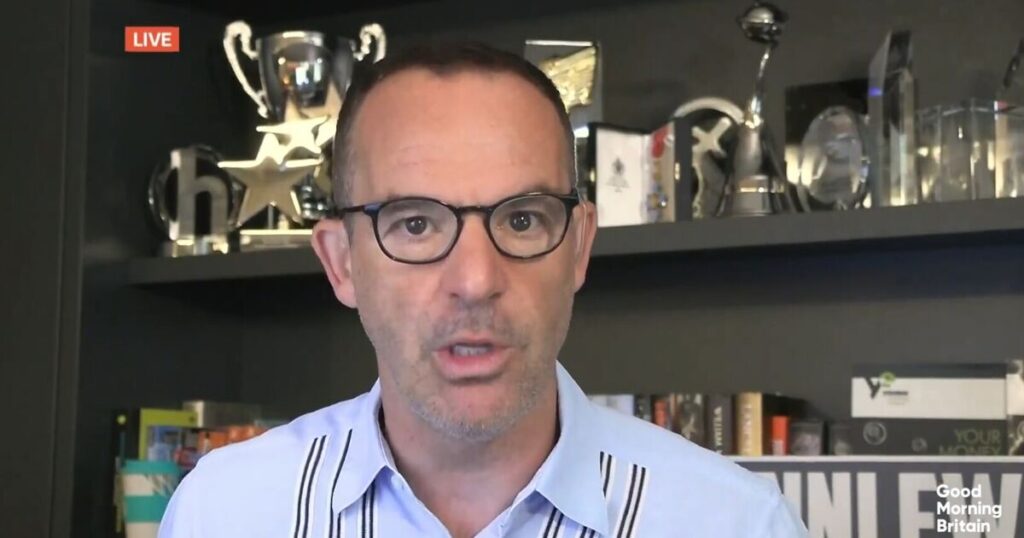
Money expert Martin Lewis is warning people who have credit card debt on any major credit card that they could be better of ditching it and switching to Natwest or Tesco.
In his latest Money Saving Expert advice, Martin has issued a warning to those with credit card debts about the best and worst ways to pay it off.
Martin outlined that there are deals right now offering 0 percent interest for a whopping 29 months, and even 0 percent deals for people with poor credit histories.
Martin said the ‘key weapon’ is a 0 percent balance transfer. This is when you take out a new credit card and shift the amount you owe from the old one to the new one, paying off your old card which is charging you money every month and putting onto new plastic at 0 percent.
Martin’s MSE site offers an eligibility checker which can show if you’re eligible for a 0 percent deal before you make the application, saving you from leaving a mark on your credit report unnecessarily.
Right now, the best deals are with MBNA, which offers up to 29 months at 0 percent with a 3.5 percent fee (so £1,000 of debt would cost £35 to move, and then be interest free for 29 months).
A better known brand, Tesco Bank, offers up to 27 months at 0 percent interest with a lower 2.95 percent fee, while NatWest is offering just 13 months at 0 percent BUT it has NO FEE.
Martin Lewis said: “No fee whatsoever, so clear the debt within 13mths and it’s totally free and thus unbeatable. Plus, our eligibility calc can tell those pre-approved if they’ll get the credit limit they need.”
For those with poorer credit history, Virgin Money offers a card with 16 months at 0 percent, while Fluid and Capital One also have credit cards which will accept those with CCJs and offer between 7 and 9 months at 0 percent.
Martin said that anyone who has savings should use this money first. He added: “Got savings? Use ’em to clear costly debts. Millions still have savings, though many are using them up. Some have an emotional attachment to them ahead of clinical financial decision-making.
“Yet saving is just giving your bank a loan. So if your credit card, loan or overdraft debts are at a higher rate than your savings earn, repaying the debt with the savings will likely add up.
“Never is this clearer than with a costly credit card, as if you clear it and that leaves you with no emergency savings, just keep the card open. That way, the worst that can happen is you use it again in an emergency – at least you saved interest in the meantime. “
